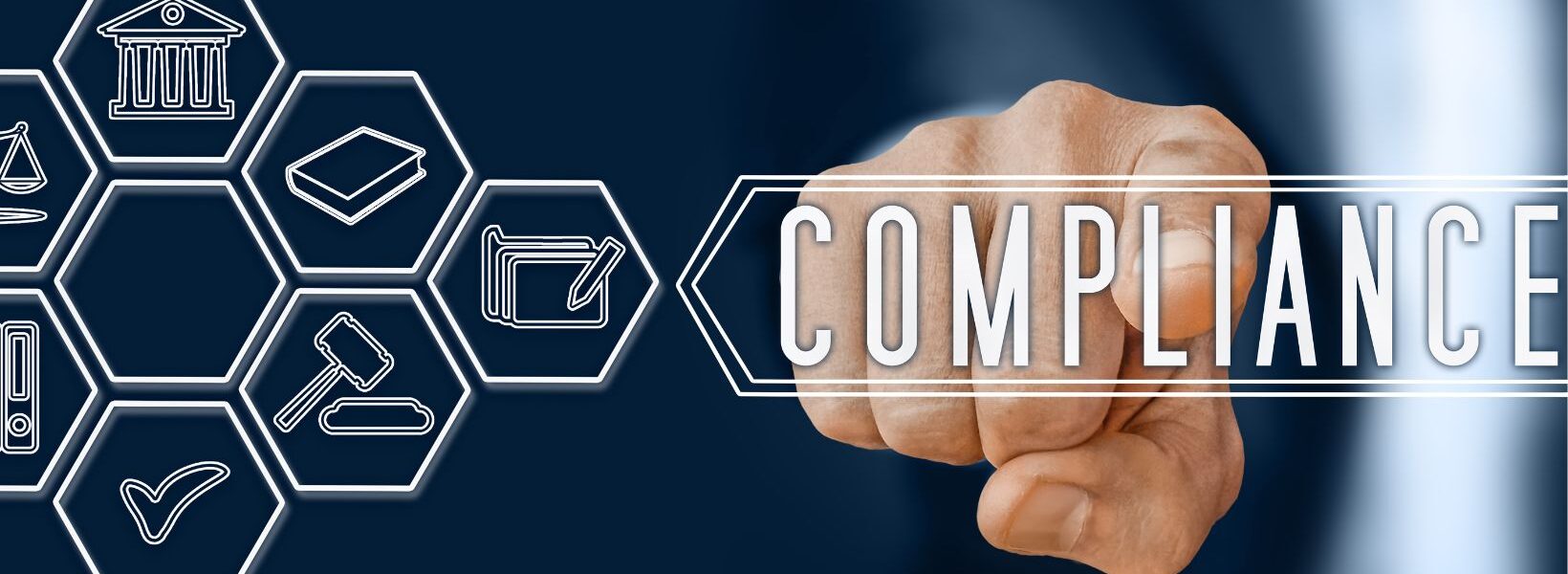In recent years, cybersecurity has become a critical issue in both the private and public sectors. With the increase in cyber-attacks, especially targeting sensitive government and defense information, the need for strict cybersecurity protocols has never been more pressing. One of the key initiatives developed to address these threats is the Cybersecurity Maturity Model Certification (CMMC). This certification is now mandatory for defense contractors working with the U.S. Department of Defense (DoD). In this article, we’ll explore why CMMC compliance is crucial for defense contractors and the security of government systems, and provide a comprehensive CMMC compliance guide to help organizations understand what they need to do.
What is CMMC?
The Cybersecurity Maturity Model Certification (CMMC) was introduced by the U.S. Department of Defense to improve the protection of sensitive information and systems within the defense industrial base (DIB). CMMC is a framework that combines cybersecurity best practices and processes to ensure the security of Controlled Unclassified Information (CUI) and Federal Contract Information (FCI). It applies to all contractors, subcontractors, and vendors working with the DoD, regardless of their size or scale.
The CMMC framework is structured into five levels, each representing an increasing level of cybersecurity maturity and required controls. These levels are:
- Level 1: Basic Cybersecurity Hygiene
- Level 2: Intermediate Cybersecurity Hygiene
- Level 3: Good Cybersecurity Hygiene
- Level 4: Proactive Cybersecurity
- Level 5: Advanced/Progressive Cybersecurity
Each level builds on the previous one, and organizations must be certified at the appropriate level to handle specific types of information or participate in certain DoD contracts.
Why CMMC Compliance is Critical for Defense Contractors
1. Protecting Sensitive Information
The most obvious reason for CMMC compliance is the protection of sensitive government and defense-related information. Defense contractors often deal with highly classified data, and a breach could have national security implications. CMMC ensures that organizations have the necessary security measures in place to guard against unauthorized access, data breaches, and other cybersecurity threats.
2. Improved Trust with the Department of Defense
By achieving CMMC compliance, defense contractors demonstrate their commitment to maintaining high cybersecurity standards. This enhances trust and ensures that contractors are equipped to protect the government’s most valuable data. With increasingly sophisticated cyber-attacks targeting the defense industry, trust in a contractor’s cybersecurity practices is more important than ever.
3. Staying Competitive in the Marketplace
For contractors aiming to work with the DoD, compliance with CMMC is no longer optional. By achieving the appropriate CMMC certification level, contractors ensure they remain eligible for government contracts. Without certification, defense contractors will find it difficult, if not impossible, to compete for defense contracts, which can be a significant blow to their business.
4. Fulfilling Legal and Regulatory Requirements
CMMC compliance is not only about good cybersecurity practices, but also about fulfilling regulatory and contractual obligations. As the DoD continues to require CMMC certification for contracts, defense contractors must align with these requirements to avoid legal penalties, loss of contracts, and reputational damage.
5. Mitigating Cybersecurity Risks
Cybersecurity risks are constantly evolving, and the defense sector is a prime target for cybercriminals due to the critical nature of the information stored and transmitted. By implementing CMMC guidelines, contractors can proactively reduce their exposure to cyber threats. CMMC outlines specific practices and processes that mitigate vulnerabilities and offer a clear roadmap to follow in order to improve overall security.
6. Enhancing Organizational Cybersecurity Maturity
CMMC compliance helps organizations develop a more mature and structured approach to cybersecurity. The model encourages contractors to move beyond basic security measures and adopt a more robust, proactive strategy for protecting information. As organizations move up the levels of CMMC certification, they strengthen their overall security posture, making it more difficult for adversaries to breach their defenses.
How to Achieve CMMC Compliance: A CMMC Compliance Guide
For contractors seeking to achieve and maintain CMMC compliance, following a step-by-step CMMC compliance guide is essential. The process can be broken down into manageable steps:
1. Understand the CMMC Levels
The first step in achieving compliance is to understand the CMMC levels and determine the appropriate level for your organization. The level you need depends on the type of information you handle and the contracts you wish to pursue with the DoD. A contractor handling sensitive Controlled Unclassified Information (CUI) will need to meet a higher level of compliance than one handling only Federal Contract Information (FCI).
2. Conduct a Self-Assessment
Before seeking formal certification, defense contractors should conduct an internal cybersecurity assessment. This helps identify any gaps in their current cybersecurity practices and aligns them with the CMMC requirements. The self-assessment should evaluate both technical and procedural elements of your cybersecurity practices to ensure they meet the standards outlined in CMMC.
3. Develop a Plan for Addressing Gaps
Once the self-assessment is complete, organizations should develop a remediation plan to address any identified gaps in their cybersecurity practices. This may involve implementing new security tools, refining internal processes, or improving employee training. The remediation plan should prioritize addressing the most critical vulnerabilities to ensure compliance with the necessary CMMC level.
4. Hire a CMMC Third-Party Assessor
Achieving CMMC compliance requires an independent third-party assessment. Certified CMMC assessors are authorized to evaluate a contractor’s cybersecurity practices and determine whether they meet the required level of compliance. These assessors will conduct a thorough evaluation, which may include reviewing documentation, interviewing staff, and performing technical assessments.
5. Implement Continuous Monitoring and Improvement
CMMC compliance is not a one-time task. Organizations must continuously monitor their cybersecurity practices to ensure they remain compliant with the evolving CMMC framework. This includes updating security protocols, providing ongoing employee training, and staying informed about the latest cybersecurity threats. By establishing a culture of continuous improvement, defense contractors can ensure they maintain compliance and improve their security over time.
6. Stay Updated on Changes to CMMC
The CMMC framework is still evolving, and contractors must stay up-to-date with changes and updates to the model. Regularly reviewing new guidelines and adjusting your cybersecurity practices is essential to maintaining compliance. By staying informed about upcoming revisions and policy changes, you can ensure your organization remains in line with DoD requirements.
Key Benefits of CMMC Compliance for Defense Contractors
Achieving and maintaining CMMC compliance comes with numerous benefits that can significantly impact the overall success and security of defense contractors. These benefits include:
- Increased contract opportunities: CMMC compliance opens doors to a broader range of government contracts, ensuring that contractors remain competitive in the defense marketplace.
- Stronger cybersecurity posture: By following the CMMC framework, organizations improve their cybersecurity defenses, reducing the risk of cyber-attacks and data breaches.
- Legal and regulatory compliance: Contractors who meet CMMC requirements are fulfilling their contractual obligations, reducing the risk of penalties and reputational damage.
- Improved reputation: CMMC-compliant contractors gain a reputation for being reliable and trustworthy, which can lead to more business opportunities in the future.
Conclusion
CMMC compliance is no longer just a recommendation for defense contractors—it’s a necessity for maintaining access to government contracts and safeguarding sensitive information. Achieving CMMC compliance requires a clear understanding of the framework, a structured approach to meeting the requirements, and a commitment to continuous improvement. By following a comprehensive CMMC compliance guide, defense contractors can ensure they are well-equipped to meet the cybersecurity challenges of the modern world and protect the sensitive data that supports national security. Staying compliant not only safeguards your organization but also strengthens the security of the defense sector as a whole, ensuring that the U.S. Department of Defense and its contractors can operate with confidence in an increasingly digital world.





